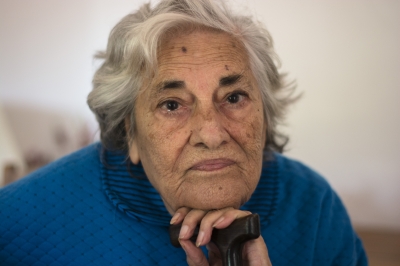Reducing Stress For Seniors During A Move by Anita Kamiel, R.N., M.P.S.
We talk a lot about the advantages of having seniors age in place, that is in the home they are comfortable and familiar with. But, sometimes there comes a point when that is not feasible and we must consider a move which can often be dramatic for them. A move can be almost as stressful…







